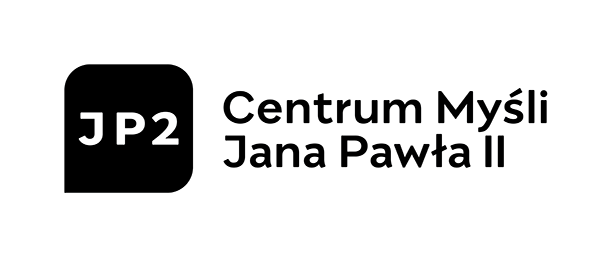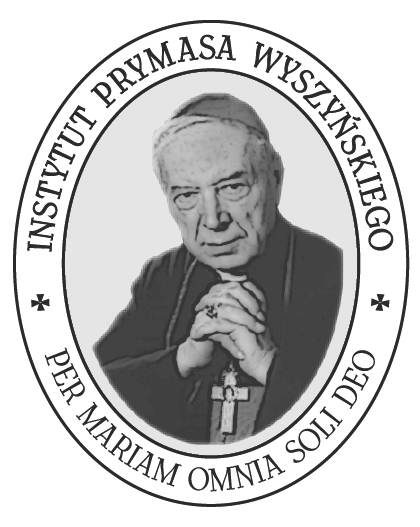Informations
Archive description
Copyrights
Notes
Archive description
EN
Identification:
Reference code: N/6/1993/1521
Title: Letter to the bishops of the United States of America
Date: 1993-06-11
Place: Vatican
Category: Letters
General:
Persons index:
Geographical index:
Date:
Make comments
Content of the document
Venerable and Dear Brother Bishops of the United States.
"Woe to the world because of scandals!" (Mt. 18:7).
During these last months I have become aware of how much
you, the Pastors of the Church in the United States, together with all
the faithful, are suffering because of certain cases of scandal given by
members of the clergy. During the ad Limina visits many times
the conversation has turned to this problem of how the sins of clerics
have shocked the moral sensibilities of many and become an occasion of
sin for others. The Gospel word "woe" has a special meaning, especially
when Christ applies it to cases of scandal, and first of all to the scandal "of the little ones" (Cf.
ibid. 18:6). How severe are Christ’s words when he speaks of such
scandal, how great must be that evil if "for him who gives scandal it
would be better to have a great millstone hung around his neck and to be
drowned in the depths of the sea" (cf. ibid.).
The vast majority of Bishops and priests are devoted followers of Christ, ardent workers in his vineyard, and men who are deeply sensitive to the needs of their brothers and sisters. That is why I am deeply pained, like you, when it seems that the words of Christ can be applied to some ministers of the altar. Since Christ calls them his "friends" (Jn. 15:15), their sin – the sin of giving scandal to the innocent – must pain his heart indeed. Therefore, I fully share your sorrow and your concern, especially your concern for the victims so seriously hurt by these misdeeds.
Every sinner who follows the way of repentance,
conversion and pardon can call on the mercy of God, and you in
particular must encourage and assist those who stray to be reconciled
and find peace of conscience. There is also the question of the human means for responding to this evil.
The canonical penalties which are provided for certain offenses and
which give a social expression of disapproval for the evil are fully
justified. These help to maintain a clear distinction between good and
evil, and contribute to moral behavior as well as to creating a proper
awareness of the gravity of the evil involved. As you are aware, a joint
Committee of experts from the Holy See and the Bishops’ Conference has
just been established to study how the universal canonical norms can
best be applied to the particular situation of the United States.
I would also draw your attention to another aspect of
the whole question. While acknowledging the right to due freedom of
information, one cannot acquiesce in treating moral evil as an occasion for sensationalism.
Public opinion often feeds on sensationalism and the mass media play a
particular role therein. In fact, the search for sensationalism leads to
the loss of something which is essential to the morality of society.
Harm is done to the fundamental right of individuals not to be easily
exposed to the ridicule of public opinion; even more, a distorted image
of human life is created. Moreover, by making a moral offense the object
of sensationalism, without reference to the dignity of human
conscience, one acts in a direction which is in fact opposed to the
pursuit of the moral good. There is already sufficient proof that the
prevalence of violence and impropriety in the mass media has become a
source of scandal. Evil can indeed be sensational, but the sensationalism surrounding it is always dangerous for morality.
Therefore, the words of Christ about scandal apply also
to all those persons and institutions, often anonymous, that through
sensationalism in various ways open the door to evil in the conscience
and behavior of vast sectors of society, especially among the young who
are particularly vulnerable. "Woe to the world because of scandals!".
Woe to societies where scandal becomes an everyday event.
So then, Venerable Brothers, you are faced with two
levels of serious responsibility: in relation to the clerics through
whom scandal comes and their innocent victims, but also in relation to
the whole of society systematically threatened by scandal and
responsible for it. A great effort is needed to halt the trivializing of
the great things of God and man.
I ask you to reflect together with the priests, who are
your co–workers, and with the laity, and to respond with all the means
at your disposal. Among these means, the first and most important is prayer:
ardent, humble, confident prayer. This whole sad question must be
placed in a context which is not exclusively human; it must be freed
from being considered commonplace. Prayer makes us aware that everything
– even evil – finds its principal and definitive reference point in God.
In him every sinner can be raised up again. In this way sin will not
become an unfortunate cause of sensationalism, but rather the occasion
for an interior call, as Christ has said: "Repent" (Mt. 4:17). "The Lord
is near" (Phil. 4:5).
Yes, dear Brothers, America needs much prayer – lest it lose its soul.
We are one in this prayer, remembering the words of the Redeemer:
"Watch and pray, that you may not enter into temptation" (Mk. 14:38).
Christ the Good Shepherd calls us to this attitude when he says, "Take
courage, I have overcome the world" (Jn. 16:33). United with you in the
firm trust that our Savior is ever faithful in caring for his People and
that he will not fail to give you the strength to fulfill your pastoral
ministry, I commend the clergy, Religious and lay faithful of your
Dioceses to the loving intercession of his Immaculate Mother Mary. With
fraternal affection in Christ Jesus, I impart my Apostolic Blessing.
From the Vatican, June 11, 1993.
IOANNES PAULUS PP. II
© Copyright 1993 - Libreria Editrice Vaticana
Project implemented by: 

Project co-financed by: 

Patronage: 

Partners: 































